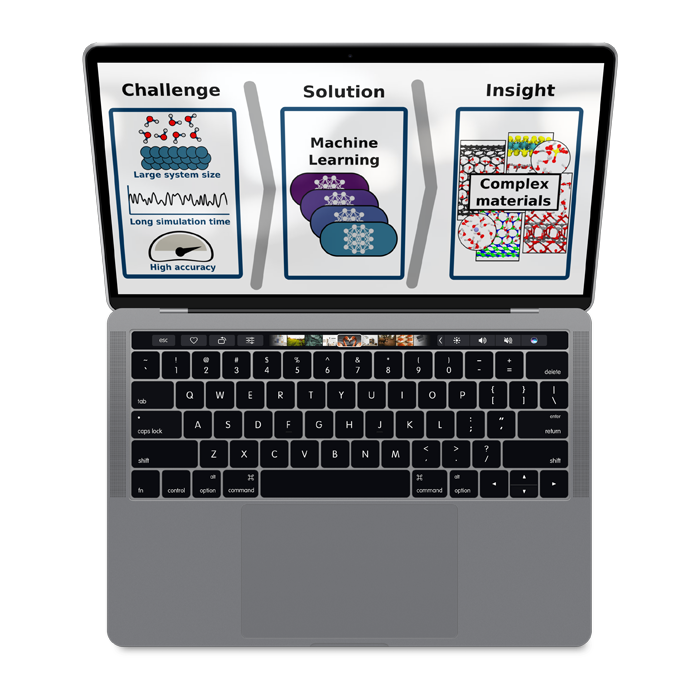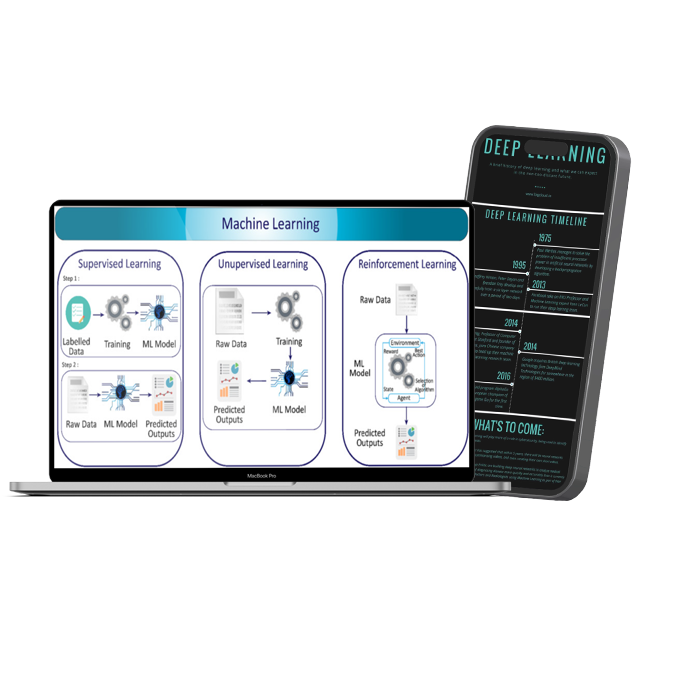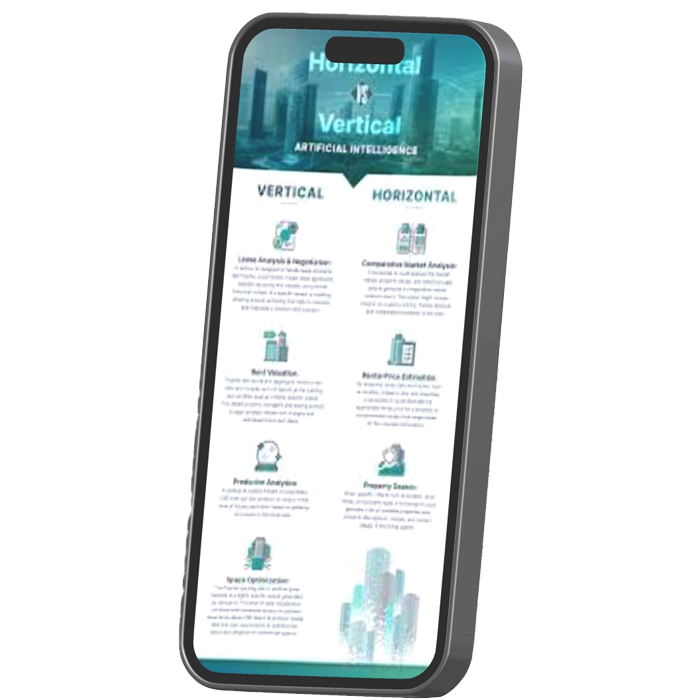
The client is a leading multinational corporation specializing in the manufacturing and distribution of consumer electronics. With a global presence, the company has a diverse portfolio of products ranging from smartphones to home appliances.

The client faced several challenges in optimizing its manufacturing processes and supply chain management. These challenges included:

To address these challenges, the client adopted advanced machine learning technologies, leveraging data analytics and automation tools. The key technologies utilized in this project included:

The implementation of machine learning technologies enabled the client to address the aforementioned challenges effectively:

The implementation of machine learning technologies yielded tangible benefits for the client:

We have been working with Fortune 500 companies like


16 Dart Close Slough, London, United Kingdom
Zuid- Holland, 2573 LB, Den haag, Netherlands
Plaza No 107, Block R3 Block R 2 Shaukat Khanum Johar Town, Lahore, Punjab 54500